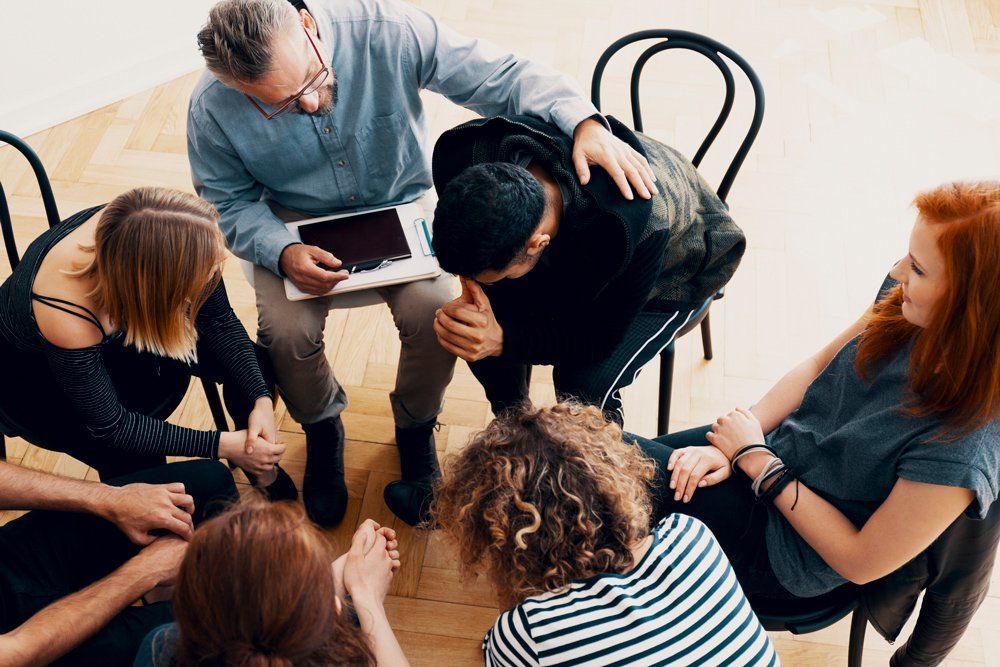"You Don't Have to Go Through It Alone" Jacksonville Center for Grief and Loss
“What makes grief so hard?”
As we grieve, we often receive messages (some subtle, some not) from others telling us we need to "get over” our grief almost as quickly as we began to experience it. We often hear from well-intentioned friends, family, or coworkers/employers that we should have some alternate way of feeling or behaving in our grief, that we should have some perspective about our loss that we don’t have, or that it will help us if we throw ourselves into work or other activities. (In their defense, they’re likely uncomfortable with our pain and feel helpless because they don’t know what to say or do to support us). Still, the result is the same. Our grief becomes more than just emotionally painful for us. Because of the reactions we get from even well-intentioned others, our grief becomes isolating…and so much harder.
“What can you do if you’re grieving?"
No matter how long you have been grieving a loss, have patience with yourself. Nobody taught you how to do this, after all. Alongside your patience, you’ll need some practical tools toward coping as you move through your pain and a safe, confidential, unhurried space in which you can grieve honestly. Without needing to seem as though you're “fine” simply because that may seem like what others want you to be.
“Why is getting proper support important?”
Grief and stress can intensify existing health problems and create new ones, if we don’t get meaningful support (and if we aren’t engaging in self-care). We may feel guilty related to an aspect of our loss and deny ourselves any support or self-care because we don’t feel worthy of it. If we’re in recovery from an addiction, grief and loss can be a trigger for relapse. These are all reasons why grief is so challenging and why it’s so important to get support in processing it, in learning simple ways we can support ourselves through it, and learning how to share with both colleagues, friends, and family members how they can best be there for us. Our health and well-being truly depend upon it.

